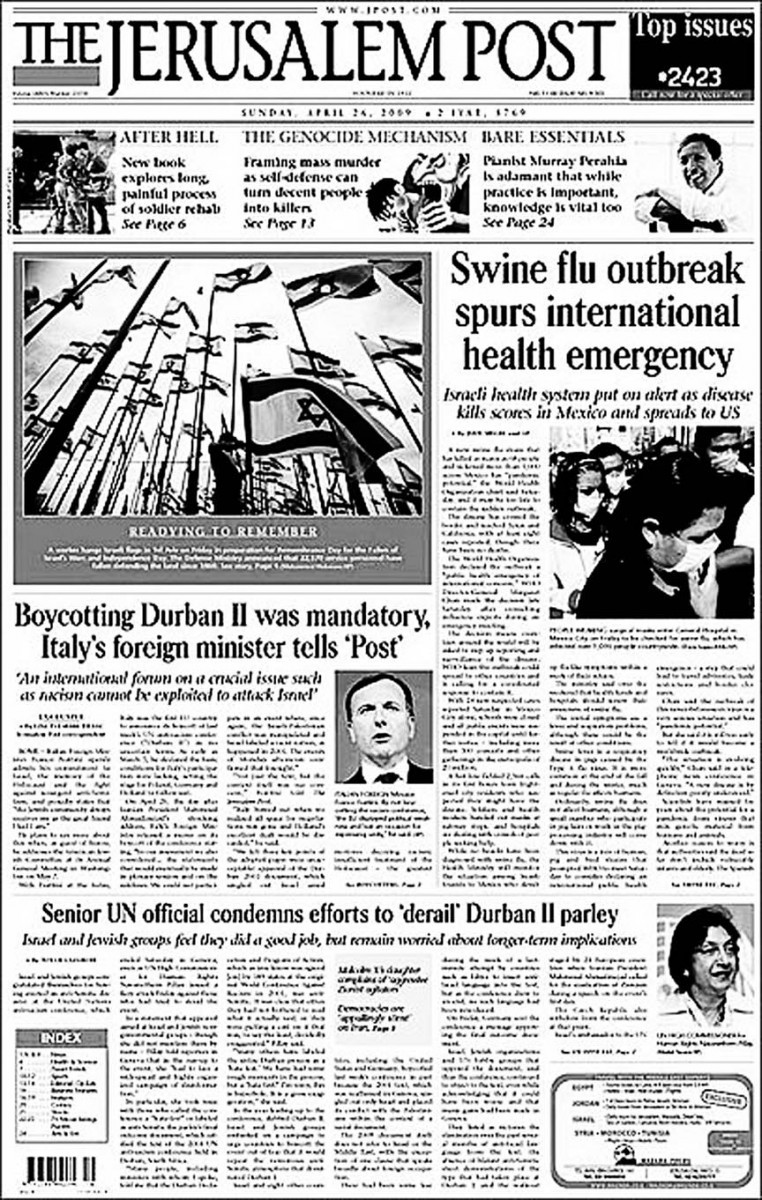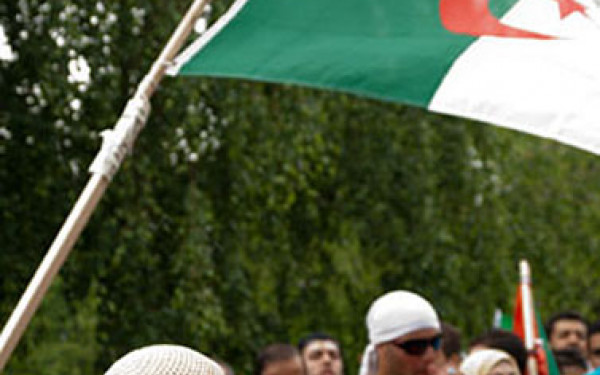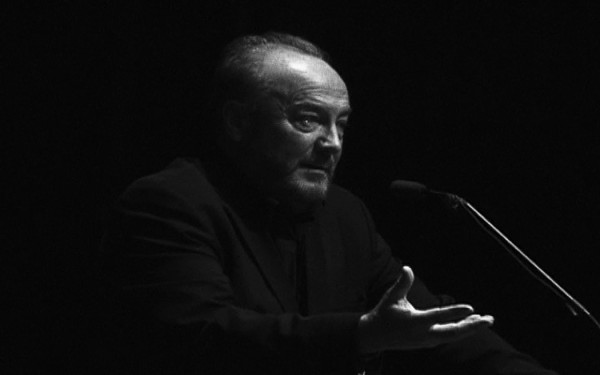Reporter Supports Israel Defense Force
Yaakov Katz’s Claims Contradict UN Findings
International media may be biased against Israel, claims Yaakov Katz, the military correspondent for The Jerusalem Post.
“Israel has a legitimate story to tell,” he said to journalism students and professors at Concordia last week during a lecture on reporting in the Middle East. “But it’s very difficult to get that story into today’s media.”
He claimed that restrictions on time and space posed by the 24-hour news cycle are at fault for much of the inaccurate coverage he sees, but had stronger criticism for the journalists reporting on Israel.
“What bothers me more is not the bias, but the ignorance,” he said. “Journalists are not only ignorant in many cases, but they’re also lazy.”
Using headlines, photos and video from the 2006 Lebanon war, Operation Cast Lead, and the recent raid on the Mavi Marmara aid flotilla, Katz emphasized repeatedly how the “complexity” of the Israeli-Palestinian conflict is being ignored.
“You read those headlines and you say to yourself, ‘they’re just peace activists,’” Katz said of the Mavi Marmara attack.
“But later in the day, Israel released a video and you see that the soldiers are being hit by poles and chairs,” he continued. “And you say to yourself, the soldiers attacked them? You see soldiers getting the living hell beaten out of them. And you wonder, whose fault is it?”
The Office of the United Nations High Commissioner for Human Rights released a report on Sept. 27 concluding that the nine passengers killed on the Mavi Marmara were shot execution-style by Israeli commandos, with evidence that some were hit first by bullets from a helicopter above.
According to Katz, however, Hezbollah, Hamas and those on the Mavi Marmara can do and say “whatever they want” without being held accountable, unlike Israel, which is not afforded such luxuries as a democratic state bound by “law, truth and honesty.”
“Why not create a military base in an open field like regular militaries do and fight from there?” he asked. “There’s space in Gaza.
“Because that’s not the strategy,” he continued. “[If I] pull Israel into the conflict and make them bomb that mosque and shell that school, then I’ll get the Goldstone Report, I’ll get the UN, I’ll get the media against Israel because I can’t go up against their fighter jets, but what I can do is get the whole world against them. And that’s what we see today. So who’s really the underdog here?”
Katz’s talk was a definite contrast from the one given by Haaretz editor Gideon Levy one month ago at McGill. Levy, who was on tour with his new book The Punishment of Gaza, remarked on the victim mentality he sees in Israel.
“There have been many more brutal occupations than the Israeli occupation in the West Bank and Gaza,” he said. “There were maybe even longer occupations in history. But I can’t recall one example in which the occupier felt so good about himself and—what is even more astonishing—there is no example in history and will never be where the occupier thinks that he’s the victim. This is unprecedented.
“As the unforgettable late Golda Meir had phrased it—who could phrase it better than this?—‘We will never forgive the Arabs for forcing us to kill their children.’ That’s the way of thinking in Israeli society.”
Katz’s lecture caused some audience members to become visibly agitated, with several people leaving before it was finished.
This article originally appeared in Volume 31, Issue 09, published October 12, 2010.





__600_375_90_s_c1.jpg)
__600_375_90_s_c1.jpg)
